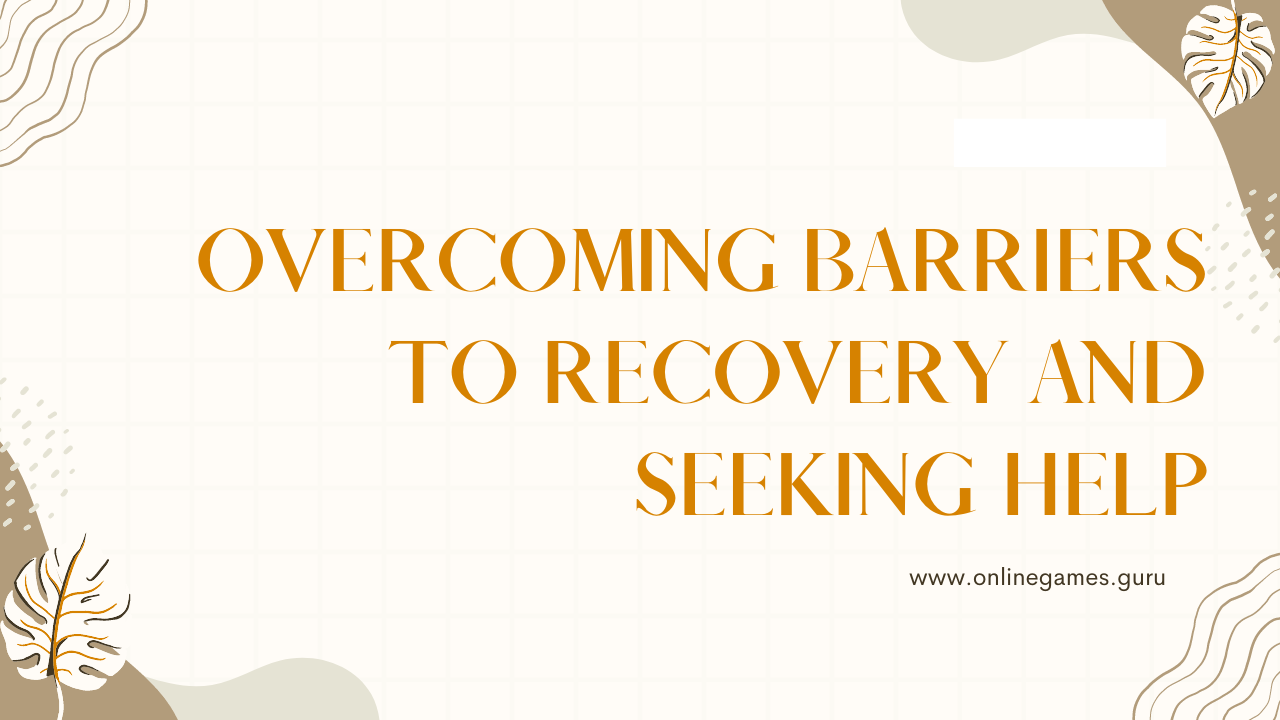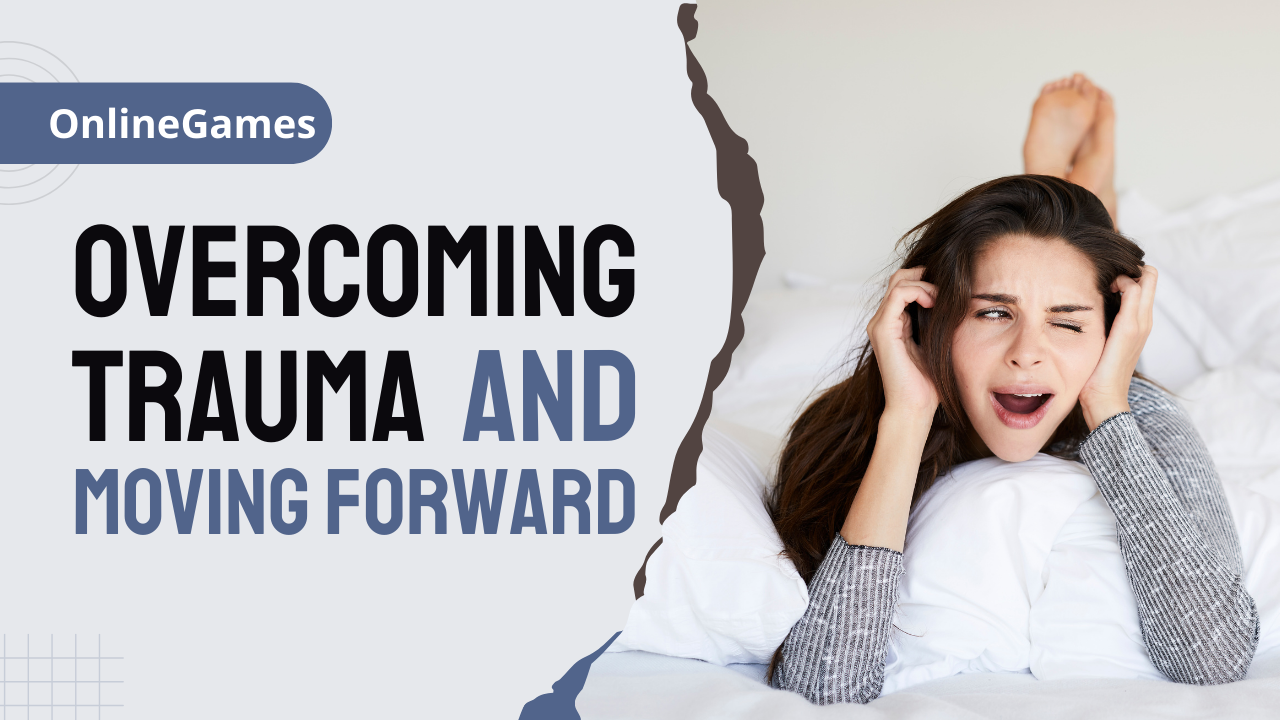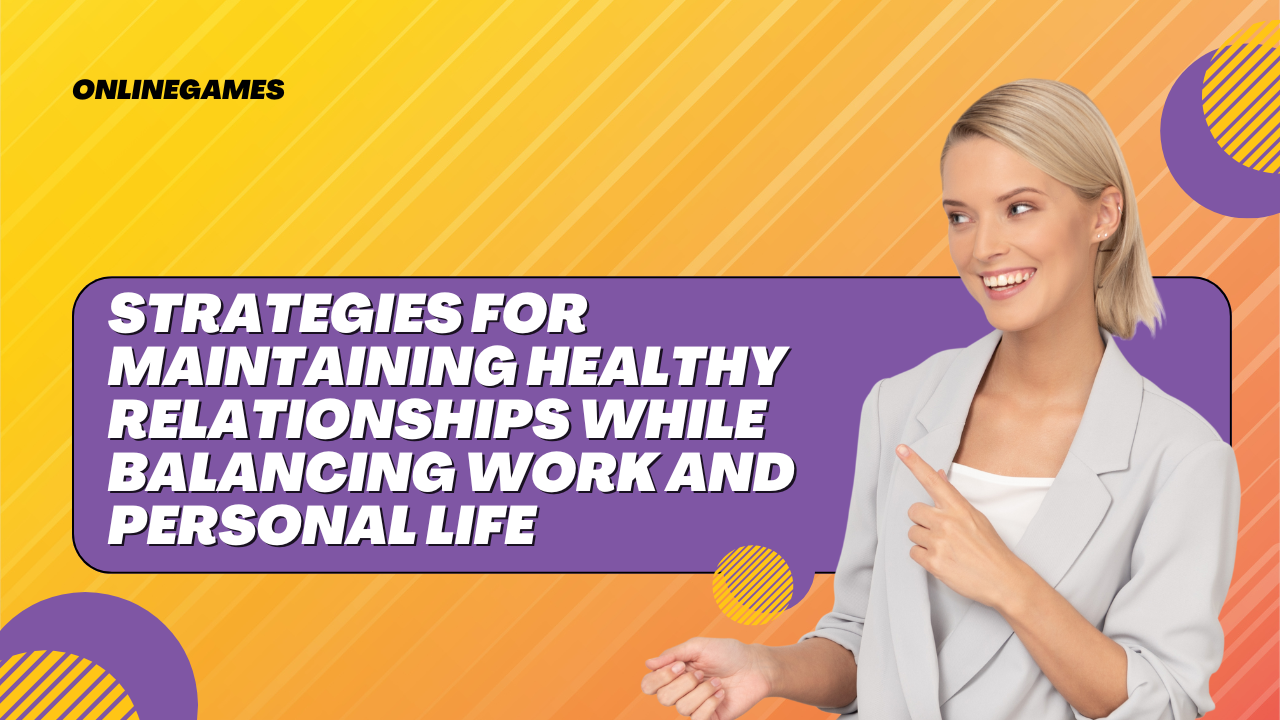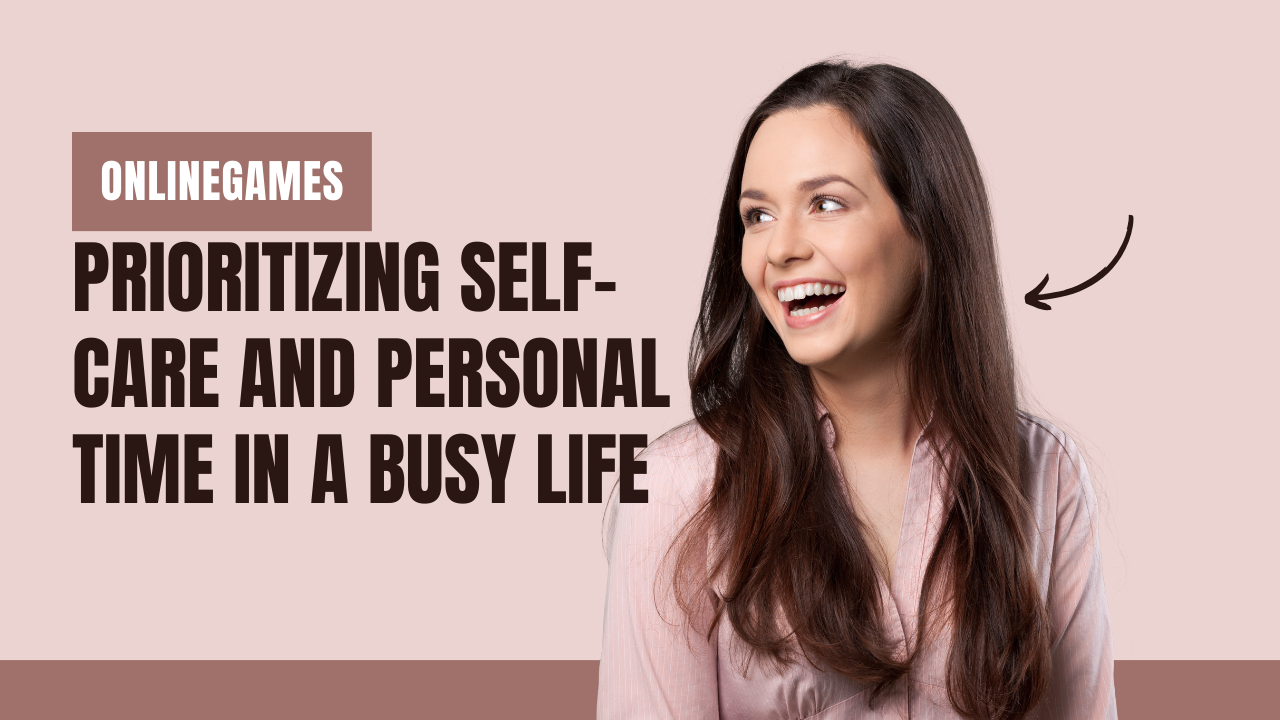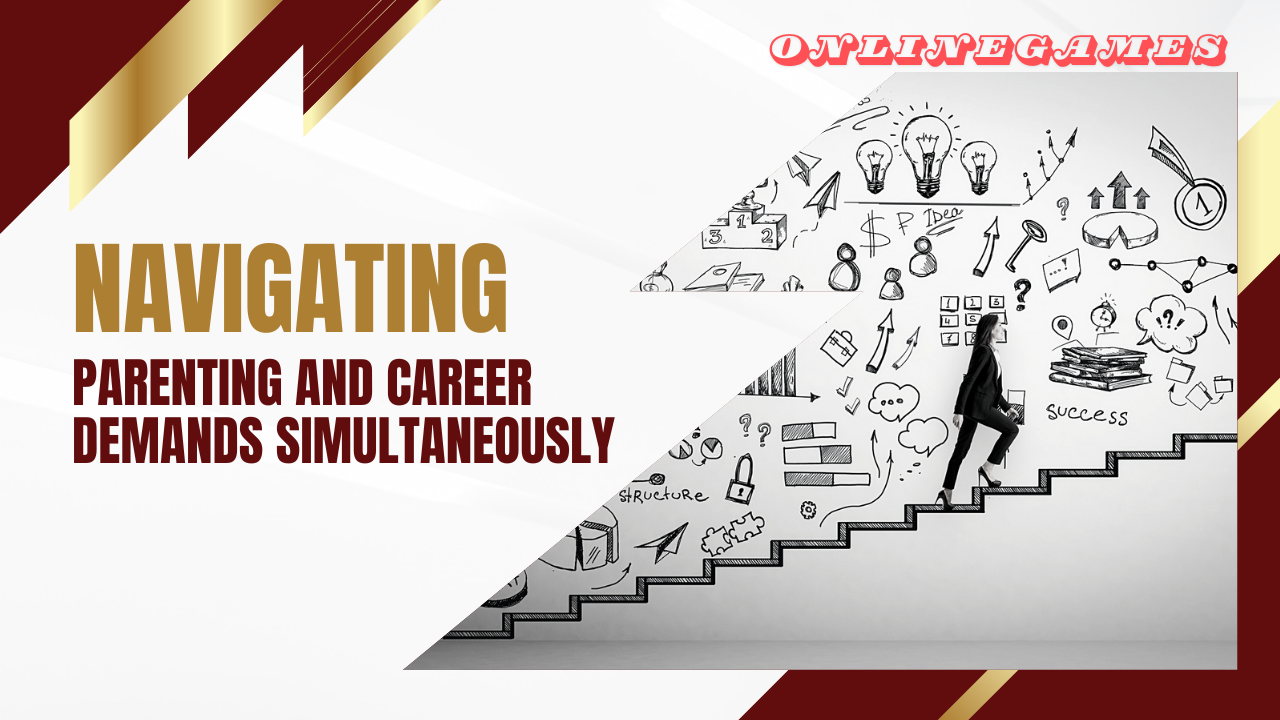Overcoming barriers to recovery and seeking help is essential for individuals grappling with addiction. These barriers can be psychological, social, financial, or logistical, but with the right strategies and support, they can be effectively navigated. This guide explores common barriers to recovery and offers practical advice on how to overcome them.
Common Barriers to Recovery
1. Stigma and Shame
Many individuals hesitate to seek help due to fear of judgment or the stigma associated with addiction. Overcoming this barrier involves recognizing that addiction is a medical condition that requires treatment, not a moral failing.
2. Lack of Access to Treatment
Limited access to affordable treatment programs, especially in rural areas or underserved communities, can hinder recovery efforts. Finding local resources or exploring telehealth options can help bridge this gap.
3. Financial Constraints
The cost of addiction treatment, including detox, rehabilitation, and ongoing therapy, can be prohibitive. Exploring insurance coverage, sliding scale fees, or nonprofit organizations that offer financial assistance can make treatment more accessible.
4. Fear of Withdrawal Symptoms
Fear of painful or uncomfortable withdrawal symptoms often deters individuals from seeking treatment. Medical detoxification under professional supervision can manage withdrawal symptoms safely and effectively.
5. Lack of Support Network
A strong support network is crucial for sustained recovery. Individuals lacking supportive relationships or living in environments that enable substance use may struggle to maintain sobriety. Building a support network through support groups, therapy, or community resources is essential.
6. Co-occurring Mental Health Disorders
Untreated mental health disorders such as depression, anxiety, or trauma can exacerbate addiction. Integrated treatment programs that address both addiction and mental health issues concurrently are critical for holistic recovery.
Strategies to Overcome Barriers
1. Education and Awareness
Educating oneself and others about addiction as a treatable medical condition can reduce stigma and encourage seeking help. Sharing personal stories of recovery can inspire hope and empower others to take action.
2. Seeking Professional Guidance
Consulting with addiction specialists, counsellors, or therapists can provide personalized guidance and treatment options tailored to individual needs. They can also offer strategies for managing barriers effectively.
3. Exploring Telehealth Services
Telehealth services provide convenient access to addiction treatment and therapy sessions from the comfort of home. This option is beneficial for individuals facing geographical barriers or transportation challenges.
4. Utilizing Peer Support Groups
Joining peer support groups like Alcoholics Anonymous (AA) or SMART Recovery can provide a sense of belonging and encouragement. These groups offer shared experiences, accountability, and practical tips for overcoming challenges.
5. Addressing Practical Concerns
Addressing practical concerns such as transportation to treatment centres, childcare, or work obligations can remove logistical barriers to seeking help. Local community resources or social services may offer solutions.
Embracing the Journey of Recovery
Recovery from addiction is a transformative journey that requires courage, perseverance, and support. By acknowledging and addressing barriers, individuals can take proactive steps towards reclaiming their lives and achieving long-term sobriety.
Overcoming barriers to recovery and seeking help is an empowering process that begins with acknowledging challenges and exploring effective solutions. By fostering resilience, building support networks, and accessing appropriate treatment resources, individuals can overcome obstacles and embark on a path towards lasting wellness.






